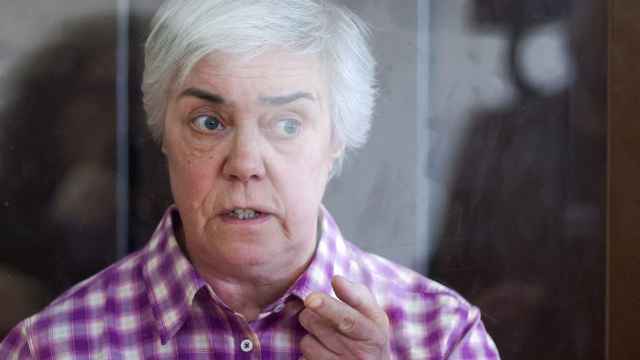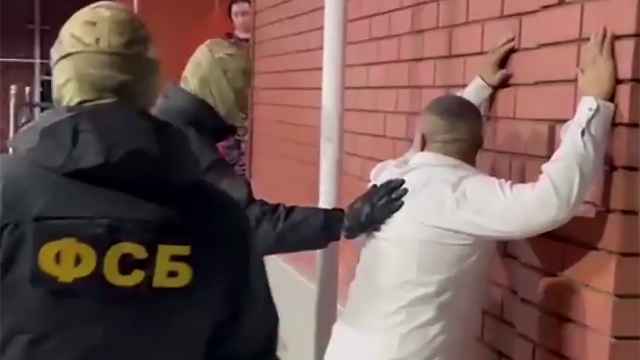After nearly two months, the state of emergency declared after record flooding in the Khabarovsk region has been lifted, though residents still face the difficult task of cleaning up all the damage.
Emergency Situations Minister Vladimir Puchkov made the decision Thursday to lift the state of emergency, which was first declared Aug. 8, at a meeting about the government response to the Far East floods, Irina Rossius, a spokeswoman for the ministry, told Interfax.
Puchkov said the "main result" of the rescue effort was the fact that not a single person died in the floods, adding that the overall work by authorities was "on a high level."
Alexander Solovyev, head of the ministry's Far East center, said the flooding affected a total of 8 million square kilometers, making it the largest scale flooding observed in at least 115 years.
The flooding affected five regions in the Far East and saw thousands of people evacuated after several days of heavy rainfall caused the Amur River to overflow.
More than 135,000 residents were affected by the floods, with 32,000 people evacuated and 12,000 homes wiped out, Interfax reported.
Twelve billion dollars has been allocated from the federal budget for repairs and cleanup efforts throughout the Far East.
Residents whose homes were destroyed by the floods were promised compensation funds from the state budget. Komsomolskaya Pravda reported that 6,000 people who suffered the most severe damage received payouts of 100,000 rubles each.
Puchkov on Thursday praised emergency rescuers for their efforts. Thanks to their hard work, he said, there were no fatalities in the torrential floods. Even cats and dogs were evacuated from the hard-hit areas in boats, he said.
Although the state of emergency has been lifted, various areas still face the difficult task of cleaning up all the garbage and mud carried in by the floods. Khabarovsk, Komsomolsk-na-Amure and the Jewish autonomous region are currently in the worst shape, but rescue workers are assisting residents in the cleanup.
The states of emergency in the Amur region and the Jewish autonomous region were lifted Sept. 17.
A Message from The Moscow Times:
Dear readers,
We are facing unprecedented challenges. Russia's Prosecutor General's Office has designated The Moscow Times as an "undesirable" organization, criminalizing our work and putting our staff at risk of prosecution. This follows our earlier unjust labeling as a "foreign agent."
These actions are direct attempts to silence independent journalism in Russia. The authorities claim our work "discredits the decisions of the Russian leadership." We see things differently: we strive to provide accurate, unbiased reporting on Russia.
We, the journalists of The Moscow Times, refuse to be silenced. But to continue our work, we need your help.
Your support, no matter how small, makes a world of difference. If you can, please support us monthly starting from just $2. It's quick to set up, and every contribution makes a significant impact.
By supporting The Moscow Times, you're defending open, independent journalism in the face of repression. Thank you for standing with us.
Remind me later.





